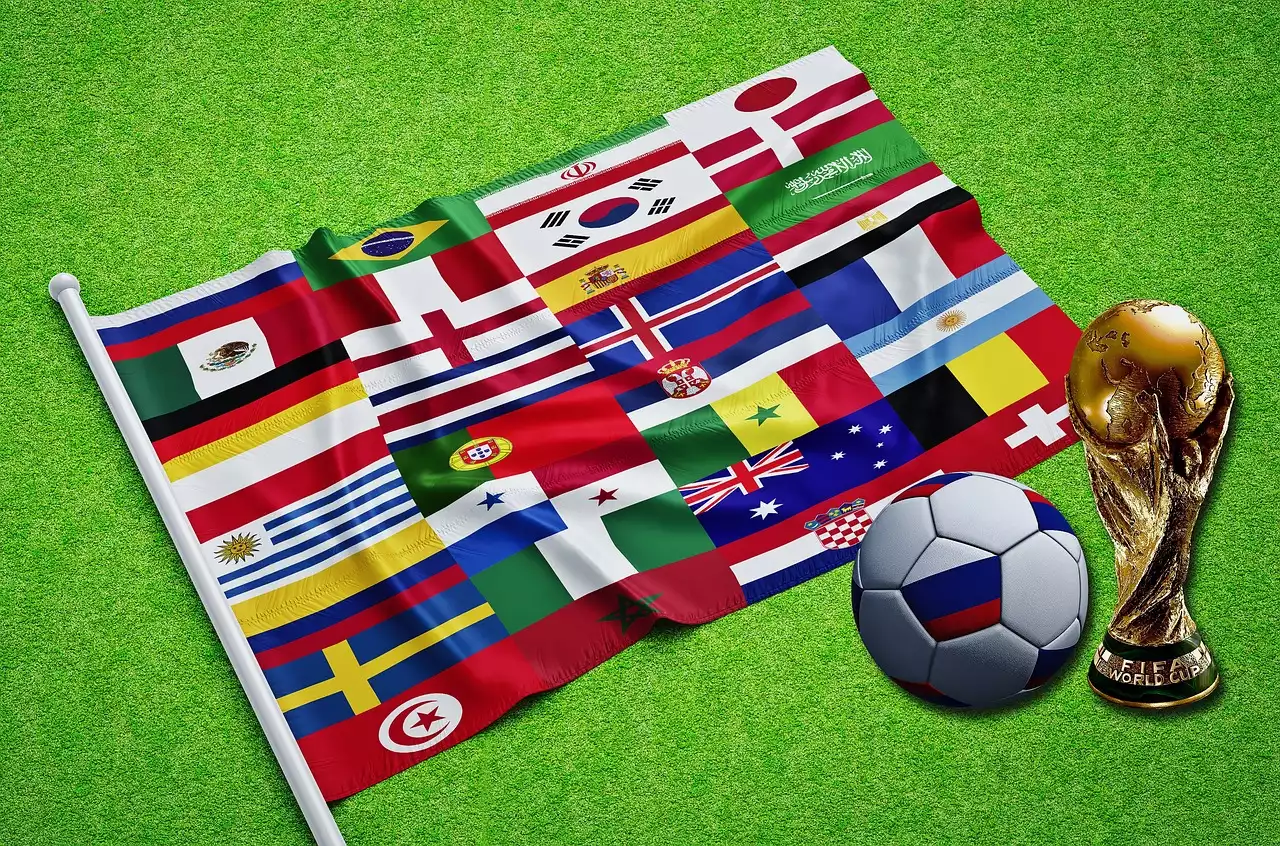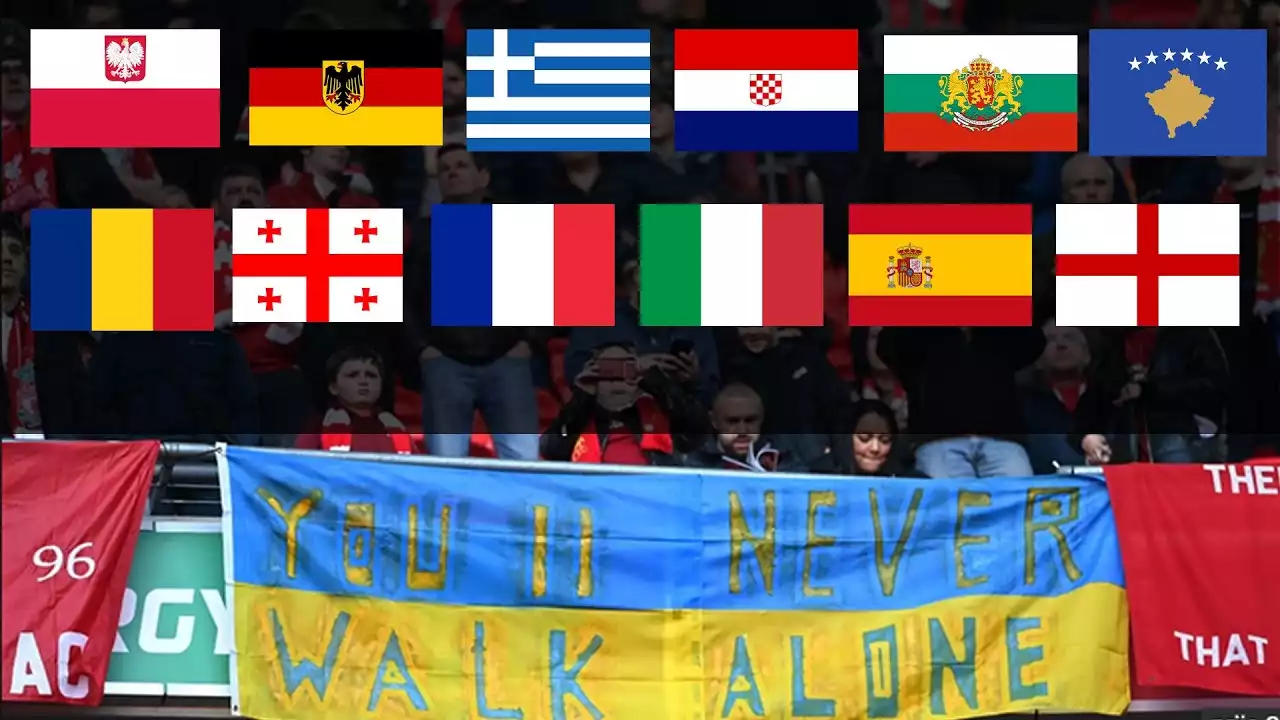What are Emerging Nations in Football?
Emerging nations in football refer to countries that have historically been overshadowed by traditional powerhouses but are now making significant strides in the sport. These nations often possess a rich footballing culture and a pool of talented players who are now coming to the forefront. With a combination of skilled veterans and promising young talents, they are challenging the established order and leaving their mark on the UEFA Nations League.
One such emerging nation is Iceland. This Nordic island nation with a population of just over 300,000 stunned the football world by reaching the quarter-finals of the 2016 UEFA European Championship. Their success was built on strong team unity, disciplined defensive tactics, and the clinical finishing of their star striker, Gylfi Sigurðsson. Iceland's rise to prominence not only inspired their own nation but also proved that even the smallest countries can compete at the highest level.
Importance of the UEFA Nations League for Emerging Nations
The UEFA Nations League provides a platform for emerging nations to showcase their skills and compete against top-quality opposition. Previously, these nations had limited opportunities to play against the best teams in Europe, which hindered their progress and limited their exposure. However, with the introduction of the Nations League, they now have the chance to test themselves against established footballing nations on a regular basis.
This competitive environment allows emerging nations to gain valuable experience, improve their tactical awareness, and develop their players. It also provides them with a chance to build team chemistry and identify areas for improvement. The Nations League has become a vital stepping stone for these nations to bridge the gap between their domestic leagues and major international tournaments.
Top Emerging Nations in the UEFA Nations League
Several emerging nations have made a strong impact in the UEFA Nations League, proving themselves as worthy competitors. One such nation is Ukraine, which boasts a talented squad that has consistently performed well in recent years. Led by their inspirational captain, Andriy Yarmolenko, Ukraine has displayed an attacking brand of football that has caught the attention of fans and pundits alike.
Another emerging nation that has captured the imagination of football enthusiasts is Kosovo. Despite being a relatively new nation in the footballing world, Kosovo has shown tremendous potential and determination. With the likes of Vedat Muriqi leading their attack, Kosovo has managed to hold their own against more established teams, earning respect and admiration along the way.
Key Players to Watch from Emerging Nations
Emerging nations are often characterized by the emergence of talented individuals who become the face of their respective teams. These players are instrumental in their nation's rise and play a crucial role in their success. One such player is Teemu Pukki from Finland, who has been a goal-scoring sensation in recent years. Pukki's clinical finishing and intelligent movement have propelled Finland to new heights, making them a team to watch out for.
Another player who has caught the eye is Hungary's Dominik Szoboszlai. With his technical ability, vision, and versatility, Szoboszlai has become the linchpin of Hungary's midfield. His performances have not only helped his nation secure positive results but have also attracted interest from some of Europe's top clubs.
Strategies for Success for Emerging Nations in the UEFA Nations League
Emerging nations have adopted various strategies to achieve success in the UEFA Nations League. One common approach is to focus on defensive solidity and counter-attacking prowess. By organizing their defense and hitting opponents on the break, these nations can neutralize the attacking threat of stronger teams and exploit their defensive vulnerabilities.
Another effective strategy is to nurture young talents and provide them with opportunities to develop at the international level. By investing in youth development programs and giving promising players a chance to shine, emerging nations can build a strong foundation for sustained success. This approach not only improves the quality of their national team but also boosts the overall standard of football in their country.
Challenges Faced by Emerging Nations in the UEFA Nations League
While emerging nations have made significant strides, they still face several challenges in their pursuit of success in the UEFA Nations League. One such challenge is the lack of financial resources compared to more established nations. Limited budgets often result in the inability to attract top-tier coaches or invest in state-of-the-art training facilities, which can hinder the overall development of the team.
Furthermore, emerging nations often struggle to retain their talented players, who are often lured by the prospect of playing for more prestigious clubs in wealthier leagues. This constant drain of talent makes it difficult for these nations to build a stable and cohesive team, as they are constantly forced to rebuild their squad.
Impact of the UEFA Nations League on the Global Football Landscape
The UEFA Nations League has had a significant impact on the global football landscape, particularly in terms of leveling the playing field. The competition has given emerging nations a chance to compete against established powerhouses, challenging the traditional hierarchy of international football. This increased competitiveness has made the UEFA Nations League even more exciting, as unexpected results and upsets have become more frequent.
Moreover, the success of emerging nations has inspired other countries to invest in grassroots football and youth development programs. The rise of these nations has shown that with the right infrastructure, coaching, and support, even smaller nations can produce talented players and achieve remarkable feats.
Future Prospects for Emerging Nations in the UEFA Nations League
The future looks bright for emerging nations in the UEFA Nations League. As these nations continue to invest in their footballing infrastructure and develop their youth systems, they are likely to produce more talented players who can compete at the highest level. This will not only benefit their national teams but also contribute to the overall growth and development of football in their respective countries.
Furthermore, the continued success of emerging nations will encourage other nations to follow suit and invest in their footballing programs. This will lead to increased competition and a more level playing field in international football, making the UEFA Nations League an even more exciting and unpredictable competition.









